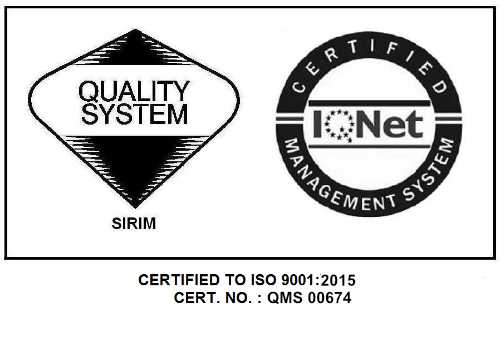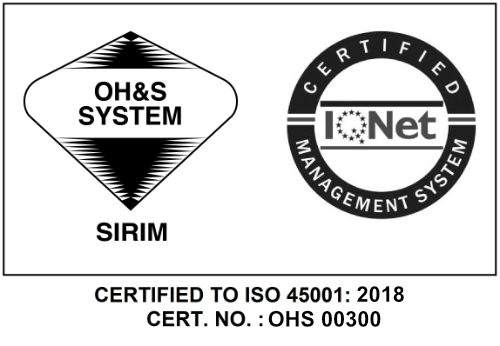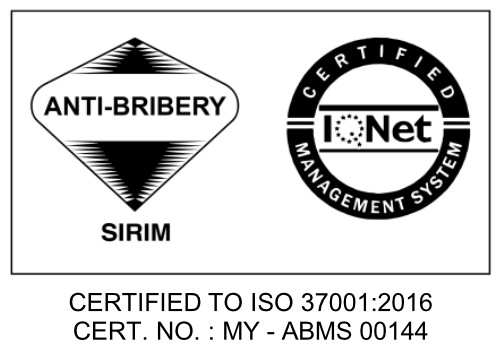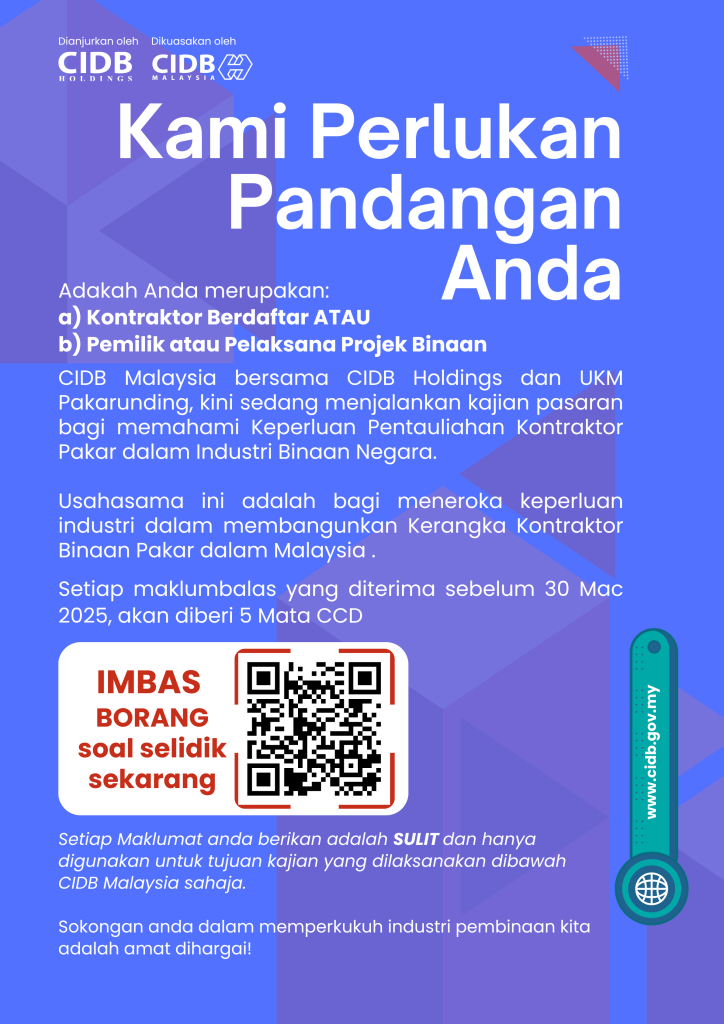
Accountancy plays a crucial role in the sustainable construction industry by providing financial management and reporting tools that support environmentally responsible practices, social responsibility, and economic viability.
On 14 November at the International Construction Week 2023, Tuan Haji Dr Salihin Abang, the Founder and Group Managing Partner of Salihin Consulting Group, elaborated on the accounting field and how the construction industry will reap benefits from the improved reporting.
The financial accounting sector has gone through many steps, from reporting traditionally to adopting sustainable ways. As the accounting sector is a basis for all other sectors, it is crucial for it to kickstart the sustainability commitment to set the pace and example.
To illustrate the progressive move the accounting sector has made towards sustainability starting in 2006, Bursa Malaysia introduced a requirement for listed issuers to disclose Corporate Social Responsibility (CSR) activities or practices in annual reports, advocating for more precise and more transparent reporting. Next, Bursa Malaysia and FTSE launched the ESG Index – FTSE4Good Bursa Malaysia Index for the Malaysian market.
In 2015, Bursa Malaysia introduced the Sustainability Reporting Framework, effective on annual reports issued for financial years ending on or after 31 December 2016. It updated the Sustainability Reporting Framework to include more current case studies, references to the SDGs and the Task Force on Climate-related Financial Disclosure (TCFD) Recommendations and many other moves from different organisations.
“The accounting field is widening its base from covering only the financial aspects to non-financial data to accommodate the ESG elements in reporting,” said Tuan Haji Dr Salihin Abang during Session 2 of the ICW 2023.
The reporting plays a role in preparing sustainability reports and ensuring compliance with environmental regulations. This includes tracking and reporting energy consumption, waste management, and other sustainability metrics. Compliance with these standards can enhance the reputation of construction firms and attract environmentally conscious clients. With better data and reporting, stakeholders can rely entirely on accurate and comparable company performance data, which heavily impacts their decisions and actions.
Accountancy provides the financial tools and insights needed to integrate and manage sustainability in the construction industry, ensuring that economic, environmental, and social factors are considered for long-term success. With the greener move in the accounting sector, construction companies have no reason not to adopt sustainable working and reporting methods. It is essential that we, as a country, manage to align the practices in most sectors with the Sustainable Development Goals (SDGs).















